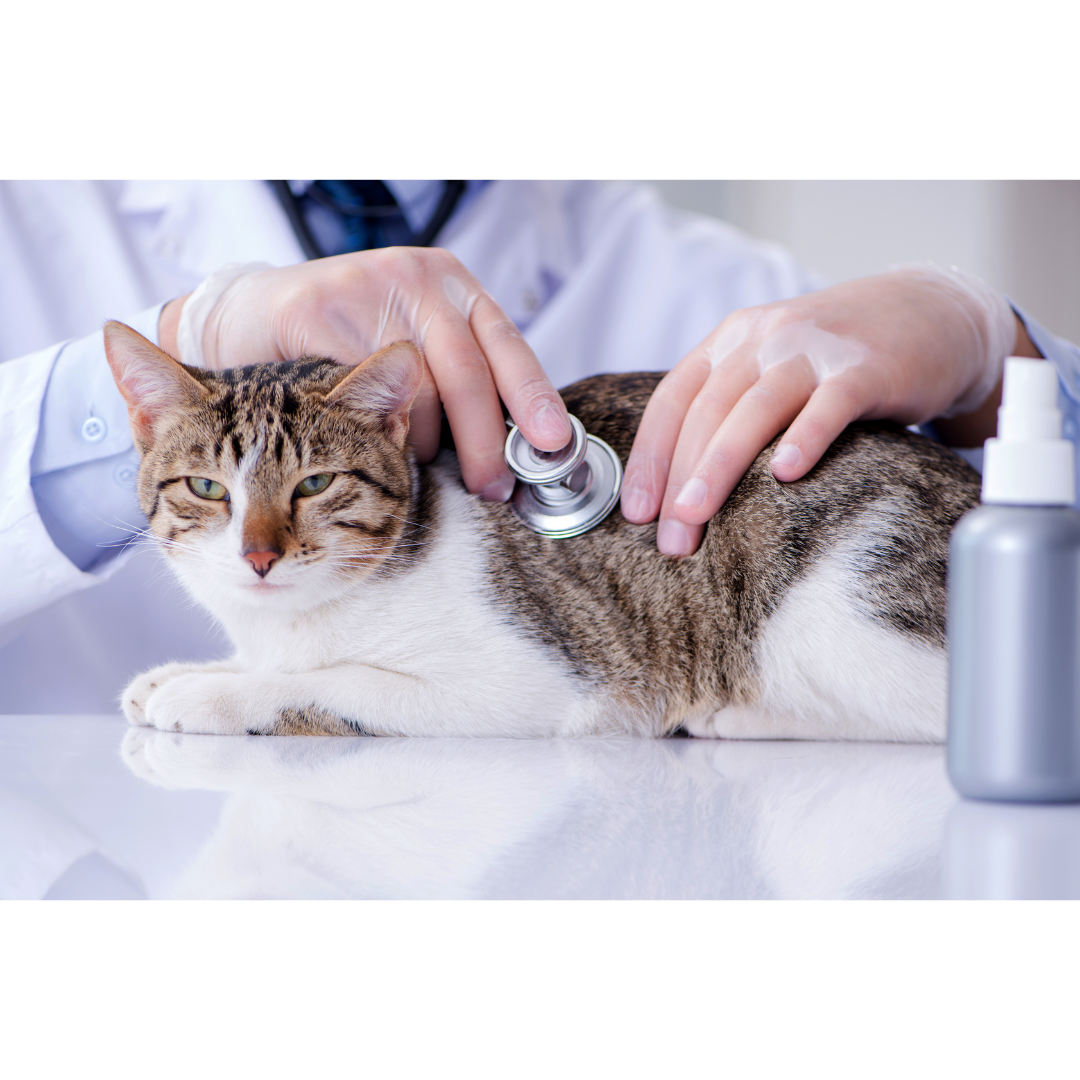
Navigating Common Health Issues in Cats: A Comprehensive Guide
Cats, our beloved feline companions, are not immune to health issues that can affect their well-being.
Just like humans, they can suffer from a variety of conditions, some of which are more prevalent than others.
Understanding these common health issues is crucial for cat owners to ensure the best possible care for their furry friends. In this article, we will delve into the most frequent health concerns in cats, shedding light on their symptoms, causes, treatments, and preventive measures.
A. Chronic Kidney Disease
Chronic kidney disease (CKD) is a prevalent condition in aging cats, affecting their kidney function over time.
Symptoms may include increased thirst and urination, weight loss, lethargy, and poor coat condition.
While CKD cannot be cured, early detection through regular veterinary check-ups can help manage the condition with dietary changes, fluid therapy, and medication to slow its progression.
B. Cystitis (Bladder Inflammation)
Cystitis, or inflammation of the bladder, is common in cats and can be caused by various factors, including stress, urinary tract infections, and bladder stones.
Symptoms may include frequent urination, straining to urinate, blood in the urine, and urinating outside the litter box.
Treatment often involves addressing the underlying cause, along with pain management and dietary changes.
C. Gastropathy (Stomach Inflammation)
Gastropathy refers to inflammation of the stomach lining and can result from dietary indiscretion, infections, or other underlying conditions.
Symptoms may include vomiting, diarrhea, lethargy, and loss of appetite.
Treatment typically involves supportive care, such as fluid therapy, medication to reduce stomach acid, and dietary modifications.
D. Enteropathy (Intestinal Inflammation)
Enteropathy involves inflammation of the intestines and can be caused by infections, food allergies, inflammatory bowel disease (IBD), or parasites.
Symptoms may include diarrhea, vomiting, weight loss, and abdominal discomfort.
Treatment focuses on identifying and addressing the underlying cause, along with dietary management and medication to alleviate symptoms.
E. Hyperthyroid Disease
Hyperthyroidism occurs when the thyroid gland produces an excess of thyroid hormone, commonly seen in older cats.
Symptoms may include weight loss, increased appetite, hyperactivity, vomiting, and diarrhea.
Treatment options include medication, radioactive iodine therapy, or surgical removal of the thyroid gland.
F. Dental Disease
Dental disease is prevalent in cats and can range from tooth decay and cavities to gum disease and abscesses.
Symptoms may include bad breath, difficulty eating, drooling, and swollen gums.
Prevention is key and involves regular dental check-ups, dental cleanings, and proper at-home dental care, such as brushing your cat's teeth.
G. Diabetes Mellitus
Diabetes mellitus is a metabolic disorder characterized by high blood sugar levels due to insufficient insulin production or resistance to insulin.
Symptoms may include increased thirst and urination, weight loss, lethargy, and urinary tract infections.
Treatment typically involves insulin therapy, dietary management, and weight control.
H. Atopic or Allergic Dermatitis
Atopic or allergic dermatitis refers to skin inflammation caused by allergies to environmental factors such as pollen, dust mites, or certain foods.
Symptoms may include itching, redness, hair loss, and skin infections.
Management involves identifying and avoiding allergens, along with medications such as antihistamines or steroids to control symptoms.
I. Upper Respiratory Infection
Upper respiratory infections are common in cats, especially in multi-cat households or shelters, and are often caused by viruses such as feline herpesvirus or calicivirus.
Symptoms may include sneezing, nasal discharge, coughing, fever, and lethargy.
Treatment focuses on supportive care, such as humidification, hydration, and sometimes antiviral or antibiotic medications.
J. Otitis Externa
Otitis externa is inflammation of the outer ear canal and is frequently caused by ear mites, bacterial or yeast infections, or allergies.
Symptoms may include head shaking, scratching at the ears, redness, swelling, and discharge.
Treatment involves cleaning the ears and administering appropriate medication, such as ear drops or antibiotics, as directed by a veterinarian.
In conclusion, while these common health issues can impact the well-being of our feline companions, early detection, proper veterinary care, and preventive measures can greatly improve their quality of life.
As responsible cat owners, it's essential to stay vigilant for any signs of illness and seek prompt veterinary attention when needed.
By understanding and addressing these health concerns, we can ensure that our beloved cats lead happy, healthy lives for years to come.
Love you feline companion more and show affection creatively.
Visit our shop for our awesome pet inspired graphic t-shirt collection wear it proudly and let the world know just how much your furry friend means to you.
Disclaimer: This article is intended for informational purposes only. It is not meant to substitute for medical advice or diagnosis provided by your veterinarian. If your cat shows symptoms, please consult your veterinarian immediately..



Leave a comment
This site is protected by hCaptcha and the hCaptcha Privacy Policy and Terms of Service apply.